
Against inflammations of various origin and nature that may affect our body, you generally take specific drugs with anti-inflammatory, NSAID and steroid properties, but not everyone knows that there are also natural products that can perform a similar action which, of course, have far less significant contra-indications, that makes them suitable for trouble-free employment even for extended periods of time. These are essentially herbs and medicinal plants capable of intervening on the mechanisms and causes the inflammation itself, regardless of where it is located. Natural anti-inflammatory agents will therefore help us greatly in the event of inflammation or offspring to tendons, joints, sore throat or toothache. Some of these natural products with anti-inflammatory properties are quite common and known, others less: let's see which are the most important, or those to take into account in case of need.
1. MALVA

Who does not know the thousand virtues of mallow, one of the plants that, not surprisingly, are most used in herbal medicine and pharmaceuticals? Mallow mallow is in fact a natural anti-inflammatory with strong emollient and soothing properties useful for fighting different types of inflammation; the leaves and flowers of mallow are very rich in mucilages, in turn full of beneficial substances for our body. In practice, mauve has an effective protective and disinfilament action on the mucous membranes, covering them with a kind of precious viscous barrier that protects them from the harmful action of irritating agents. This makes mallow mauve successful in combating diseases of the first airway, i. e. coughing, particularly when accompanied by catarrh, but also the most common intestinal disorders. Mallow, taken in the form of herbal tea, is also useful in the case of dysmenorrhea (painful menstruation).
2. DEVIL' S CLAW
Here is a perennial herbaceous plant with a somewhat strange name, but with a thousand beneficial properties that make it a sort of natural medicine often irreplaceable. The harpagosides contained in the secondary roots of the devil's claw have substantial analgesic and anti-inflammatory effects on many pathologies affecting the osteoarticular system. The scope of this plant is really very wide:
It is useful for fighting tendinitis, remautoid arthritis, osteoarthritis, headaches due to cervical pain, backache, sciatica and numerous other situations in which pain and discomfort are basically due to a basic inflammation. The devil's claw, in the form of capsules or tablets, ointments, creams and ointments, is easily found in herbal medicine.
3. PINEAPPLE
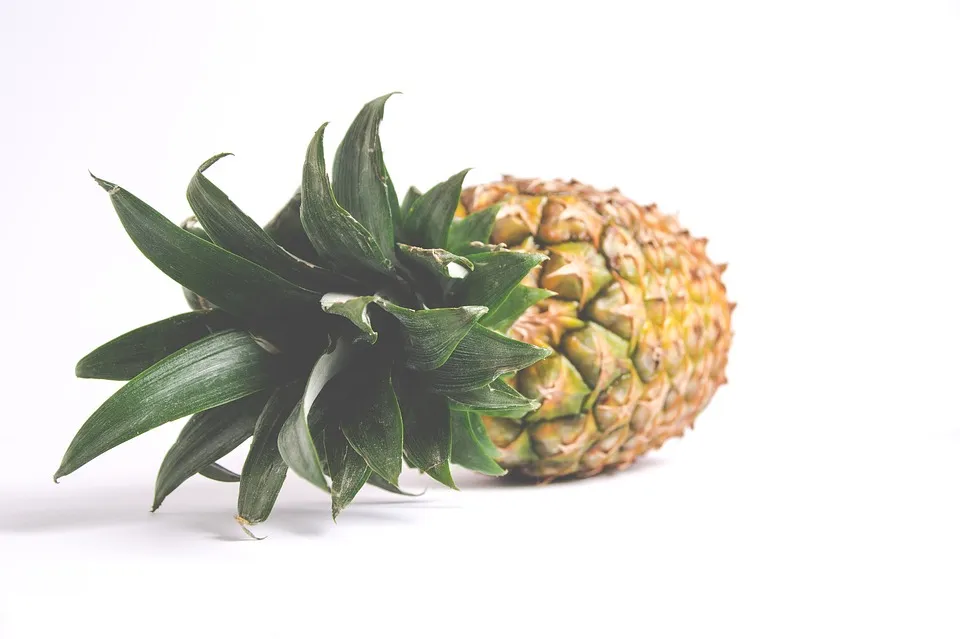
If you believed that the pineapple was only a good and juicy fruit, know that its positive characteristics do not stop here, on the contrary: this fruit has such and so many therapeutic virtues that it can be considered a real natural medicine and among the natural anti-inflammatory foods par excellence. The natural anti-inflammatory effect is mainly due to the presence of bromelain, a decongestant substance that acts positively on the blood circulation and lymphatic system and that naturally stimulates the drainage of the outbreak of infection, with consequent reabsorption of the hemorrhage. Because of its nonexistent toxicity, combined with its great and varied therapeutic efficacy, pineapple is widely used in herbal and pharmaceutical fields to fight hematomas, cellulite and skin with orange peel, oedema, venous insufficiency, muscle and joint trauma, post-operative swelling.
4. ALOE VERA
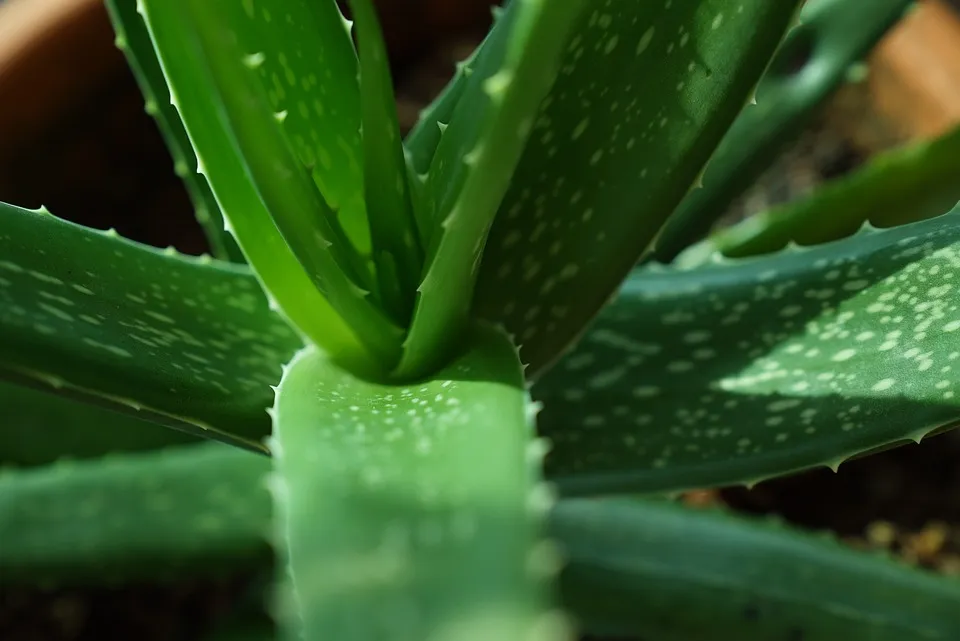
It is practically impossible not to know by now that aloe vera is a natural anti-inflammatory, and not only one of the most effective among all those that can be found in nature. As we know, aloe vera has long been widely used in herbal medicine to deal with a variety of situations, both those strictly related to health and those of a more aesthetic nature. In the form of juice (pure or with the addition of other beneficial substances able to enhance its effectiveness), gels, creams, ointments and ointments, aloe vera is used to combat osteoarticular afflictions such as arthritis and rheumatism, intestinal disorders such as gastritis, colitis and ulcer and any inflammation that affects the mucous membranes.
It should be added that aloe vera, in addition to its soothing and disinfilament power, has the advantage of being very fresh and pleasant to use, a connotation that makes it particularly welcome to use in case of skin problems (insect stings, erythema, irritations etc.).
5. SPIREA
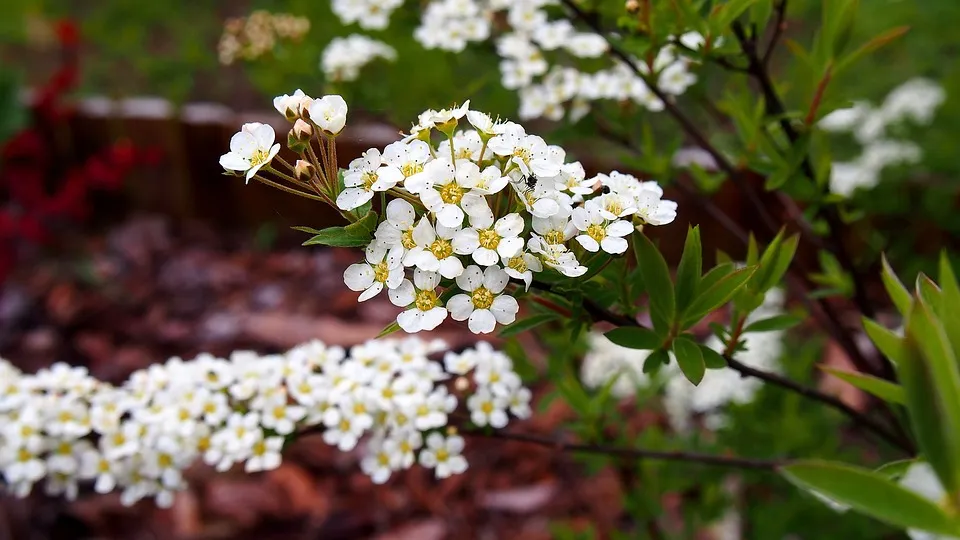
The main causes of pain and inflammation of tissues are substances called prostaglandins; the spirea, a plant with anti-inflammatory, analgesic and antipyretic properties, being able to inhibit their synthesis, has a positive effect on the inflammation itself. The use of spirea is decidedly wide and variegated: it is excellent in flu conditions, also accompanied by typical cooling diseases such as cough, colds and sore throat, to relieve toothache, cervicalgia and back pain. Like mauve, the spirea also has the faculty to cover the mucous membranes with the mucilages it contains, which form a kind of protective barrier that reduces spasms and erosion, for example, of the stomach walls. For this very reason, the spirea usually does not cause gastric annoyance in those who use it and is therefore well tolerated and does not have any side effects.
6. CAMOMILLA
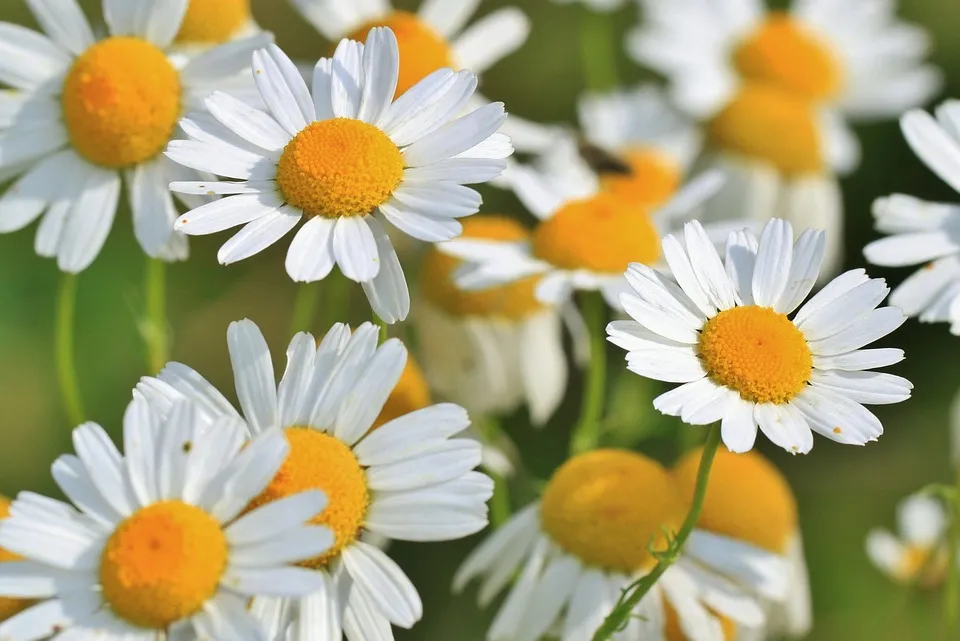
Can we not mention the old, good and expensive chamomile as a natural anti-inflammatory? Certainly not, both for its acknowledged therapeutic validity and for its ease of use and retrieval. A cup of steaming chamomile, obtained by infusion of the filter into half a cup of water for five minutes (use it if possible without sugar or with a little honey) is a panacea against gastric, intestinal and menstrual disorders.
7. ARNICA
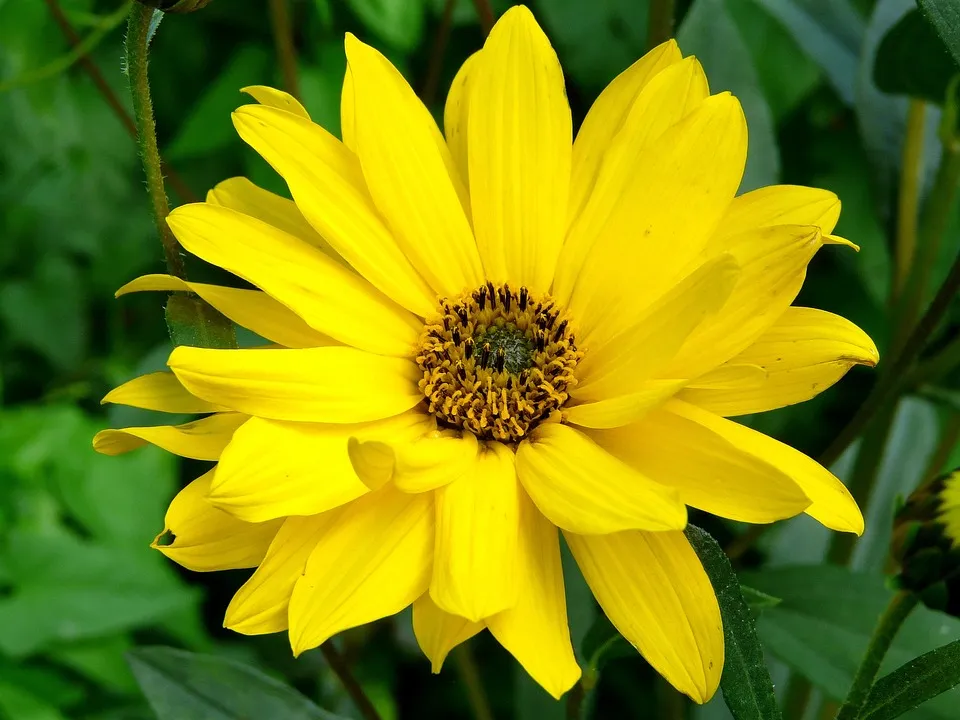
Mountain arnica is a potent anti-inflammatory and analgesic. It is mainly used externally on intact skin, and except for some homeopathic dilutions it is not used internally, causing some side effects. It reduces trauma pain, helps to reabsorb bruises and reduces inflammation in sprains, sprains and bruises. It also has excellent antiseptic properties and is also used for skin inflammation (acne, furuncles and insect bites). The substances listed above have, as repeatedly stated, the characteristic of being able to be used as if they were a natural anti-inflammatory, without however causing the contraindications typical of chemical drugs, both NSAIDs and steroids. However, it should be pointed out that natural does not rhyme with harmless always and in any case and that unwanted effects, although rare, can still be lurking. For example, you may be intolerant, without knowing it, to certain substances contained in herbs and plants, or some of them may interact negatively with any foods and/or medications you are taking so, before taking any herbal products, ask your doctor or pharmacist for advice.